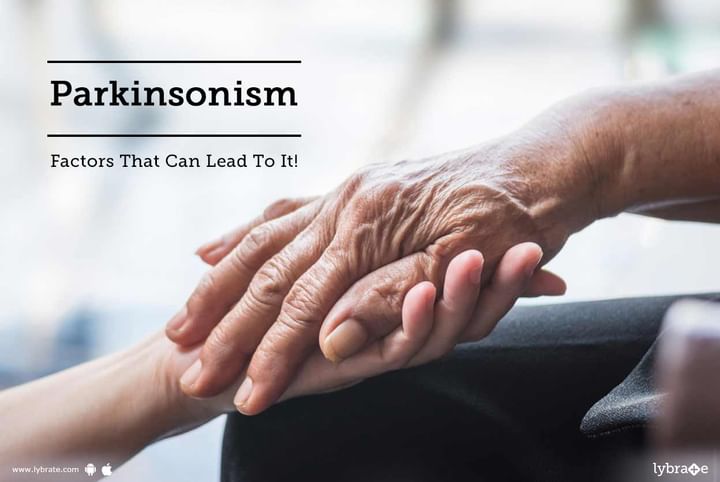Parkinsonism - Factors That Can Lead To It!
Parkinsonism is often mistaken for Parkinson's Disease. Though similar in quite a few aspects, yet Parkinsonism is not the same as Parkinson's Disease. Parkinsonism is a medical condition whereby the affected individual exhibits some symptoms identical to those observed in the case of a Parkinson's disease.
Factors that lead to Parkinsonism
Parkinsonism can result from a host of factors and health condition such as
- Increased and repeated exposure to toxic gases and substances, namely organic solvents, cyanide, manganese, or carbon monoxide.
- People suffering from the repeated head injury (as in the case of boxing or wrestling).
- The medications used in the treatment of psychiatric problems (antipsychotic medicines) or those used in treating nausea (Prochlorperazine or even Metoclopramide). Some of the antipsychotic drugs have the potential to interfere (block) with the activity of the neurotransmitter Dopamine resulting in parkinsonism.
- The use of MPTP (1-Methyl-4-Phenyl-1,2,3,6-Tetrahydropyridine), especially the oxidized product MPP+ (1-methyl-4-Phenylpyridinium) can wreck havoc resulting in parkinsonism and the associated symptoms.
Some of the medical conditions that can contribute towards Parkinsonism include
- Viral Encephalitis (resulting in acute brain inflammation).
- Alzheimer's Disease (a progressive neurodegenerative disorder that triggers cognitive and behavioral problems often accompanied with dementia).
- Multiple system atrophy (a progressive neurodegenerative disorder resulting in dysfunctioning of the autonomic nervous system and the voluntary movements).
- Progressive supranuclear palsy or Steele-Richardson-Olszewski syndrome (a rare disorder of the brain that interferes with the balancing, walking, and the eye movements of the affected person.
- Stroke or a brain tumor.
- Lewy body dementia (a condition triggered by the unusual accumulation of alpha-synuclein protein in the brain with the person exhibiting symptoms associated with both Alzheimer's disease and Parkinson's disease).
- Wilson Disease (an autosomal recessive condition whereby copper starts accumulating in the vital organs including the liver and the brain).
Symptoms
In patients with parkinsonism,
- The muscles appear stiff. A person experiences a resting tremor (tremor that mainly affects one hand even when the muscles are relaxed), along with difficulty while walking or balancing their body. (These symptoms are also characteristic of a Parkinson's disease).
- Further, there may be early signs of dementia (loss of memory or forgetfulness). There may be Agnosia, Aphasia, or Apraxia
- Constipation, a dip in the blood pressure, difficulties in eating or swallowing of food.
- Hallucinations and loss of judgment (such as failing to locate the kitchen or bathroom at home).
- Unusual eye movements.
Ayurvedic Treatment
According to Ayurveda, Parkinsonism is a manifestation of the vitiation of the Vata Dosha (Wind energy) that takes place in the cranial nerves. Thus, corrective measures are followed to restore the balance between the Vata, Kapha, and Pitta Dosha.
- Panchakarma can bring about a visible improvement in patients with Parkinsonism. Oil massages using Ashwagandha and Bala can work wonders.
- Brahmi is another wonder herb used to treat Parkinsonism.
- Meditation, exercise (light to moderate), yoga can be helpful in the case of Parkinsonism.
- Try and make the diet as nutritious and healthy as possible.
- A Warm Ayurvedic Oil Application is very effective in relieving these kinds of aches and pain if done on regular basis.
In case you have a concern or query you can always consult an expert & get answers to your questions!



+1.svg)
